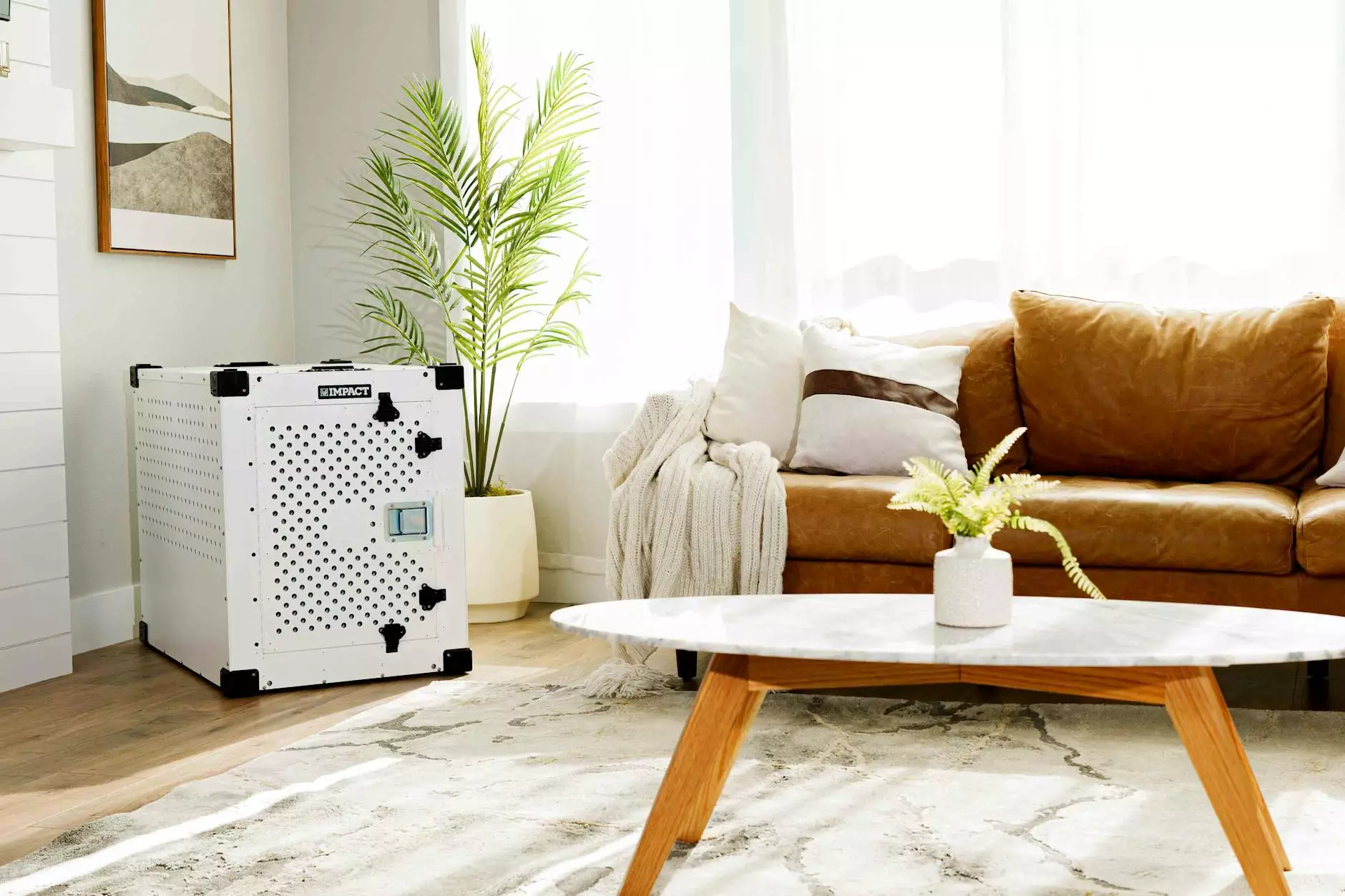Ultimate Guide to Home Siding Replacement: Enhance Your Property Value

Home siding replacement is a crucial aspect of maintaining and improving the exterior of your property. Whether you are considering an upgrade to increase aesthetic appeal or to boost energy efficiency, understanding the nuances of siding replacement can lead to significant benefits.
The Importance of Home Siding Replacement
Your home's siding is not only a protective barrier against the elements, but it also plays a significant role in the overall appearance of your home. Over time, exposure to harsh weather conditions, UV rays, and general wear and tear can cause siding to degrade, leading to issues such as:
- Increased energy costs due to poor insulation.
- Water damage resulting from gaps and cracks in the siding.
- Pest infestations attracted by damaged materials.
- Decreased curb appeal that could affect your home's market value.
Types of Siding: Choose the Best for Your Home
When it comes to home siding replacement, there are several materials you can choose from. Each type has its unique set of benefits, aesthetics, and cost implications. Here’s an overview of the most common siding materials:
1. Vinyl Siding
Vinyl siding is one of the most popular options due to its affordability and low maintenance. It is available in various colors and styles, ensuring homeowners can find an option that fits their taste. Key advantages include:
- High durability and longevity.
- Resistant to rot, insects, and fading.
- Efficient insulation properties, reducing energy costs.
2. Fiber Cement Siding
Fiber cement siding is known for its robustness and lifelike appearance that can mimic wood, stucco, or masonry. It offers exceptional performance and longevity. Benefits include:
- Fire-resistant and impervious to termites.
- Low maintenance, needing only painting every 10-15 years.
- Overall durability, often lasting 30 years or more.
3. Wood Siding
Wood siding provides a natural aesthetic and is sought after for its beauty. However, it requires more maintenance than other siding types. Key points include:
- Environmentally friendly and renewable material.
- Can be painted or stained for a custom look.
- Potential for rot and insect issues; needs regular upkeep.
4. Metal Siding
Metal siding, particularly aluminum and steel, is recognized for its strength and modern appeal. It is often used in contemporary-style homes. Advantages include:
- Highly resistant to fire and pests.
- Low maintenance and long-lasting.
- Reflective properties that can help with energy efficiency.
Benefits of Home Siding Replacement
Investing in home siding replacement brings a myriad of benefits, which can significantly outweigh the initial costs:
1. Enhanced Curb Appeal
New siding can instantly revitalize the look of your home. With a wide range of options in terms of color and texture, you can customize your home's appearance to match your style and neighborhood characteristics.
2. Improved Energy Efficiency
Upgrading to modern siding materials with better insulation can lead to lower energy bills. Proper insulation helps maintain consistent indoor temperatures, reducing the workload on your heating and cooling systems.
3. Increased Home Value
A quality siding replacement can increase your home's resale value. Potential buyers are often willing to pay a premium for homes that are well-maintained and visually appealing from the outset.
4. Protection from Elements
New siding acts as a protective shield, safeguarding your home against rain, wind, snow, and UV rays. This not only preserves your home’s structure but also prevents costly damage and repairs down the line.
Signs You Need Home Siding Replacement
It’s essential to recognize when it’s time to replace your siding. Here are some signs to look out for:
- Visible stains and discoloration that cannot be cleaned.
- Cracked or warped panels that compromise integrity.
- Increased energy bills without a change in usage.
- Peeling paint or signs of mold growth.
Factors Influencing Siding Replacement Cost
The cost of a home siding replacement project can vary widely based on several factors, including:
1. Type of Siding Material
The choice of siding will significantly impact your budget. Vinyl is generally the least expensive, while fiber cement and wood can be more costly due to the materials and installation complexity.
2. Home Size
Costs will obviously increase with larger homes, as more materials and labor will be needed. A comprehensive assessment of your home’s exterior square footage is crucial for accurate estimates.
3. Labor Costs
Hire qualified professionals for installation to ensure the job is done correctly. Labor rates vary by region and the contractor’s experience level.
4. Accessibility
If your home has multiple stories or features that make access challenging, this may increase labor costs and the time needed for the job.
How to Choose a Siding Contractor
Selecting the right contractor for your siding replacement is essential for avoiding frustration and ensuring high-quality results. Consider these tips:
- Check for licenses and insurance to protect yourself from liability.
- Read reviews and ask for references from past clients.
- Get multiple quotes to compare pricing and services offered.
- Inquire about warranty options for both materials and workmanship.
DIY vs. Professional Installation: What to Choose?
While some homeowners may consider a DIY approach to siding replacement, several factors must be considered before making this decision:
Benefits of Professional Installation
Hiring professionals can provide peace of mind, with teams that have the expertise to handle any complications that arise during installation. They can also help navigate local codes and regulations, ensuring compliance.
Considerations for DIY
If you're experienced with home improvement projects, performing the siding replacement yourself could save you money. However, do assess whether you have:
- Access to necessary tools and safety equipment.
- The time to dedicate to the project.
- Knowledge of local building codes and regulations.
Conclusion: Make the Right Choice for Your Home
Investing in a home siding replacement can transform your property, enhancing both aesthetic appeal and functionality. By considering the different siding types, recognizing the signs of replacement need, understanding costs, and selecting the right contractor, you can make an informed decision that adds lasting value to your home.
Remember to consult with a professional from Gutter Service USA to explore your options and get expert advice tailored to your situation. Your home deserves the best, and with proper siding, it will both look good and perform well for years to come.









